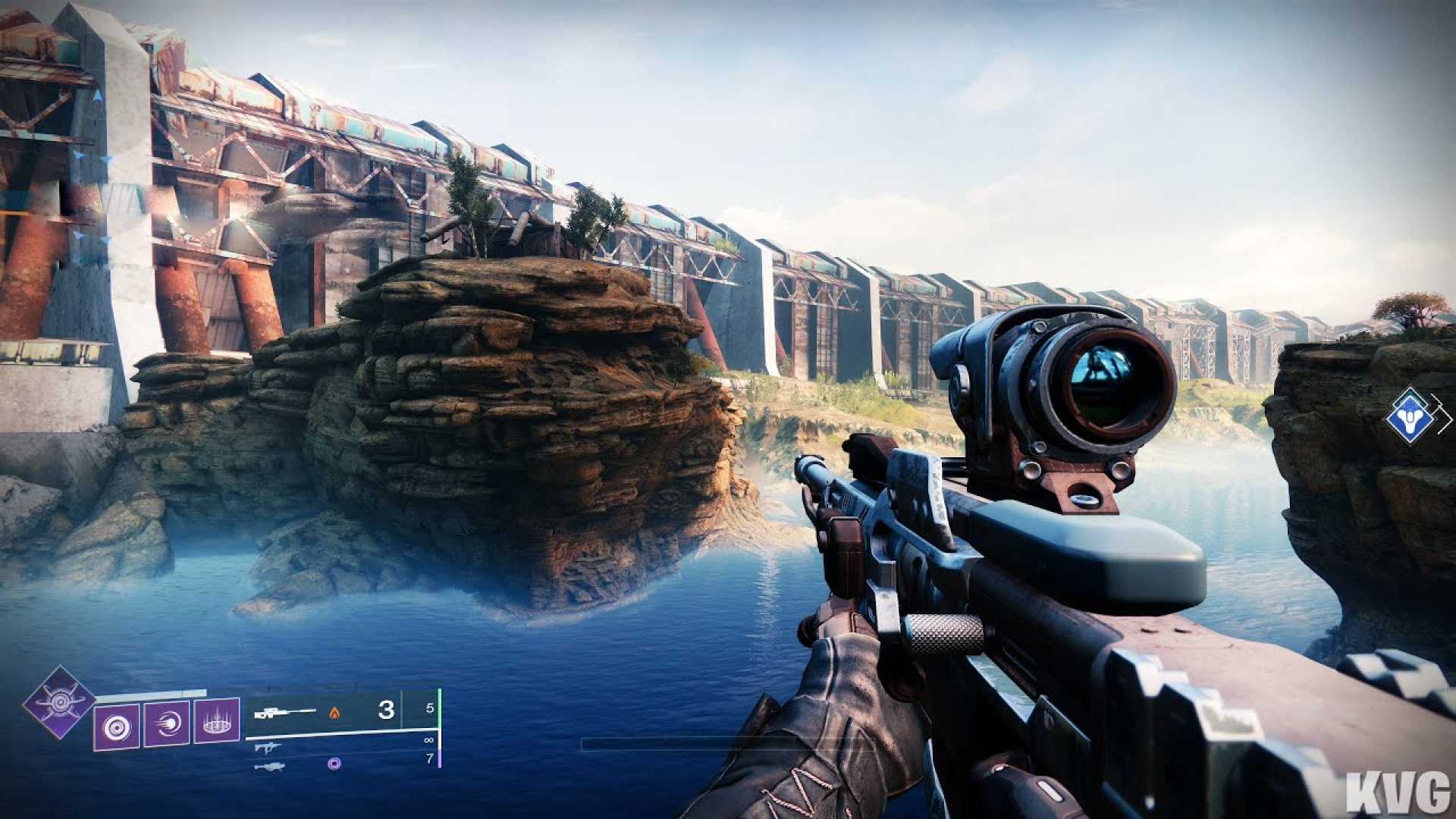Tech
Live Looter Shooters Face Decline as Industry Shifts Focus

LOS ANGELES, Calif. — The once-thriving live looter shooter genre, popularized by games like Destiny and Warframe, is facing a steep decline as major studios pivot away from the costly and risky model. High-profile failures such as Anthem, Suicide Squad: Kill the Justice League, and Marvel’s Avengers have left the industry wary of investing in the genre, which demands continuous content updates and significant resources.
BioWare, Rocksteady, and Crystal Dynamics, once leaders in single-player gaming, have all retreated to their roots after costly missteps with live service games. BioWare’s Anthem, released in 2019, was a high-profile failure that delayed development on Dragon Age and Mass Effect. Similarly, Rocksteady’s Suicide Squad: Kill the Justice League lost $200 million, derailing plans for a potential Arkham-style single-player game. Crystal Dynamics’ Marvel’s Avengers, another looter shooter, struggled to maintain player interest and was eventually shut down.
Even Destiny, the genre’s flagship title, is struggling. Despite celebrating its 10th anniversary, Bungie’s Destiny 2 has seen declining player counts and revenue, leading to layoffs and internal restructuring. The game’s recent expansion, The Final Shape, initially boosted player numbers but failed to sustain interest. Bungie is now focusing on a new PvP-focused title, Marathon, and a separate project, Gummy Bears, a MOBA/Smash Bros. hybrid.
Warframe, developed by Digital Extremes, remains a rare success story in the genre. With consistent player counts since 2017, Warframe has proven to be a stable and enduring title. As of this week, it boasts 74,000 concurrent players on Steam, compared to Destiny 2’s 25,000. Despite its success, Warframe’s model has not been widely adopted by other developers.
The future of the genre appears uncertain. The Division 3, announced by Ubisoft, is one of the few major looter shooters in development. However, Ubisoft’s financial struggles cast doubt on the project’s viability. Meanwhile, Borderlands 4, which eschews the live service model in favor of traditional expansions, is seen as a potential bright spot. The Borderlands series, which pioneered the looter shooter genre, has avoided the pitfalls of live service games by focusing on single-player and co-op experiences.
Outriders, a non-live service looter shooter from Square Enix, initially showed promise but failed to achieve long-term success. Its failure highlights the challenges of launching new titles in the genre, even without the live service model. ARPGs like Diablo 4 and Path of Exile 2, while not looter shooters, have found success by catering to a similar audience with more traditional gameplay loops.
As the industry shifts away from live looter shooters, the genre’s future may lie in smaller-scale projects or hybrid models. For now, Warframe stands as a testament to the genre’s potential, while studios like Bungie and Ubisoft navigate an uncertain landscape.












